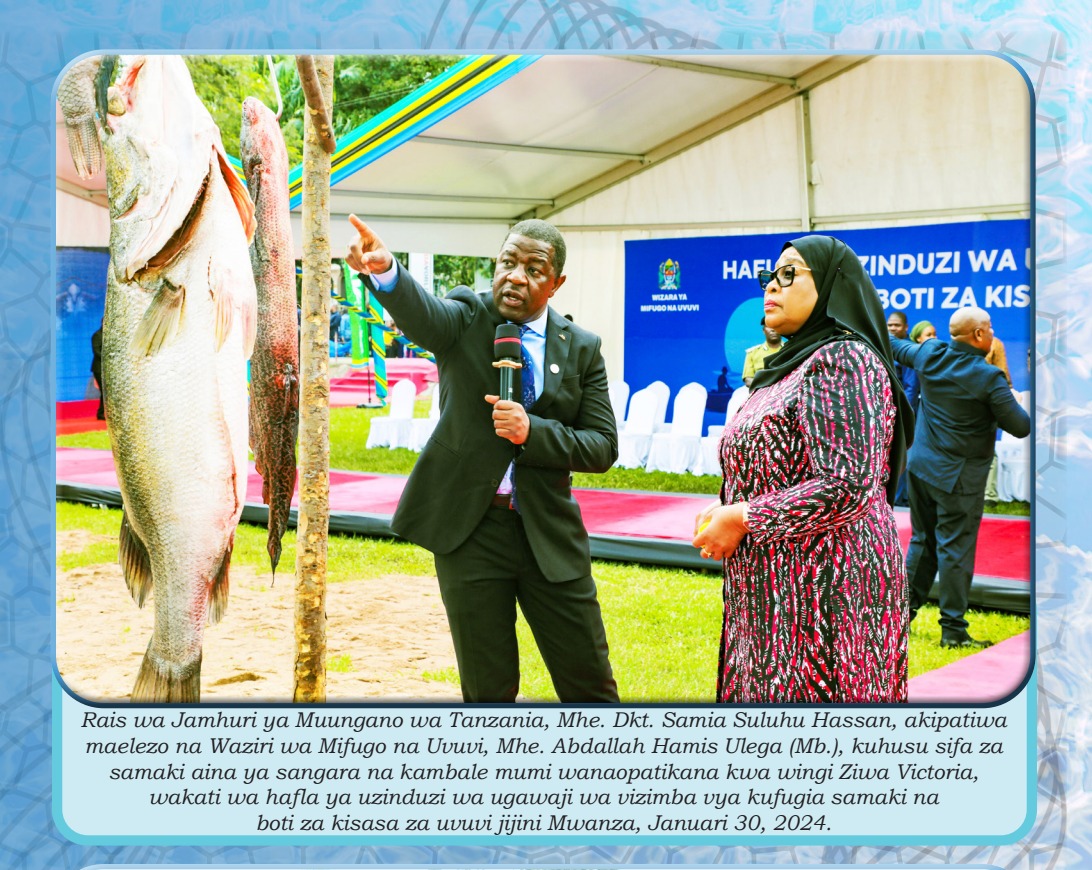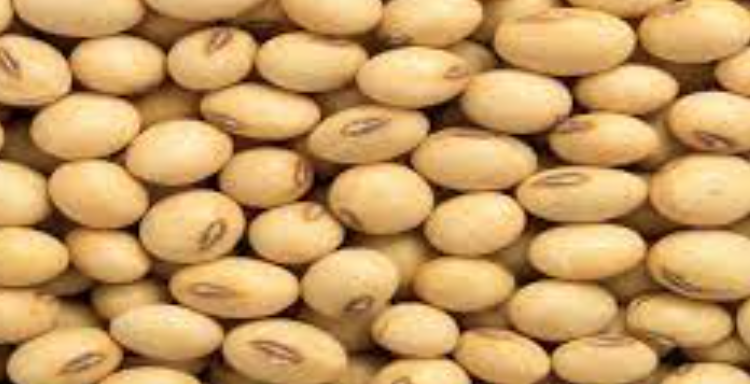Villagers forego roasted maize for more productivity
Kigoma, Tanzania;
Do you like roasted or grilled maize? For this seed variety, it is not for you. The taste is not good at all. This is according to smallholder farmers in Kasulu, Kigoma Region yet, its is their preference for farming at the moment.
The seed has lot of weight compared to any other variety that they know. It does very well in the field and farmers are in love with it, for the high yields. Specifically, they use it for processing flour, and as “ugali” they say, its yummy.
The maize variety the farmers love to hate is DKC 90-89 seeds. It is very popular, and is a hot cake for agro dealers. Monsanto Tanzania distributes the seed.
Under improved technology farming, per acre it give out a about 18 bags and if the best husbandry practises are observed a farmer can produce up to 44 bags. At the same time, the variety, require little volumes of rainfall to mature. Previously using traditional seeds, farmers who could manage 4 bags in an acre were considered to be very lucky.
Kasulu farmer, Francis Daniel Msoge from Nyakitonto is happy Kilimo Tija Project brought the seed. “Roasted maize is mostly for fun and who needs that anyway?” He whispers. The crop is for making money, not for cosmetic feelings, he notes, whatever that means.
The farmer is involved in Kilimo Tija project that intends to increase agricultural productivity in Kigoma. As one of the pioneer farmers trained by Nyakitonto Youth for Development Tanzania (NYDT) with financial support from Alliance for Green Revolution in Africa (AGRA), he says, the whole process has been eye opening.
NYDT brought together 38 farmers group to start demonstration farms, managed by themselves but under strict supervision from trained extension officers. His group, Jikongoje Group, Msoge says, has since the launch of the program witnessed a gradual change in their understanding on how to deal with different challenges in their shamba work.
He said their education has helped them to find a way of controlling different pests and learn the best way of using fertilizers.
“The project has helped us; in fact it has introduced us to better practice in the agriculture. We are grateful to AGRA and all the partners for bringing up the demonstration farms,” notes Msoge.
Msoge freely teaches any farmer who comes to him, the best ways to get high yield. I got trannied without paying anythig, so I must also help others, he notes.
Ms Mary Duleta from Kanazi Village, joined Tujikongoje group so as to get access to the demonstration farm. To join, she parted with TZH30,000. “I am in the first harvest season. After applying what I learnt from demonstration plot, I expect a bumper harvest.
She says the weight of DKC 90-89 after planting “ is simply super” thought to get the best output one has to use other inputs including fertilizers. One sack of the produce is 100 kgs instead of the usual 80 to 90 kg, she notes.
A home grown seed company, Meru Agro on the other hand has come up with high performance seeds for Kigoma Region, which are “sweet” to roast or grill. The Meru Agro Hybrid maize 515 maturity date is 3 months. The output, under improved agriculture is 35 sacks each at 100 Kg, according to Mr Gwamaka Mlekwa, a representative of the company.
Ms Senate Mateo, a farmer who resides at Kanazi, Kasulu District said the implementation of the Kilimo Tija project has managed to make her to be aware of the power of new seed varieties. “What we need is more extension officers so that they can advices according as more and more seed companies are coming up in our region,” she notes.
Mr. Charles Makule, a grain processor owns a company called Kitutu enterprises based at Kasulu. He says the new seed varieties, which are more productive have given maize farmers, the confidence they needed to turn into agri-business instead of peasantry farming.



I would like to know if mochongoi baringo south accommodate this variety dk 90-89
If so,can I have the office number to call for some enquiries